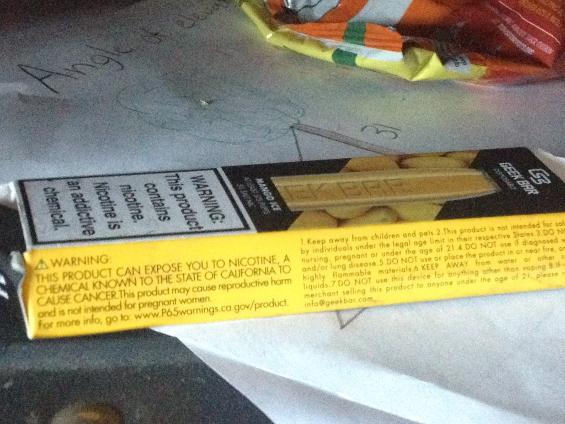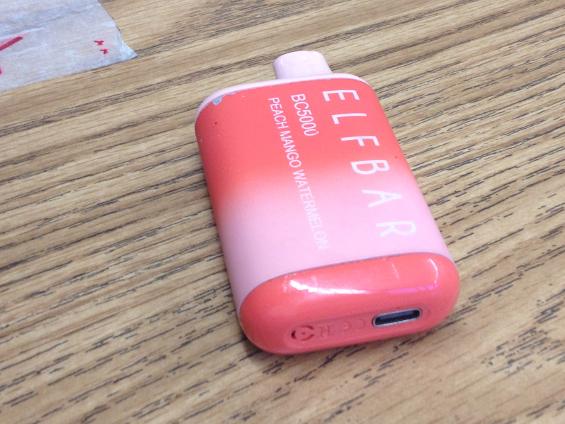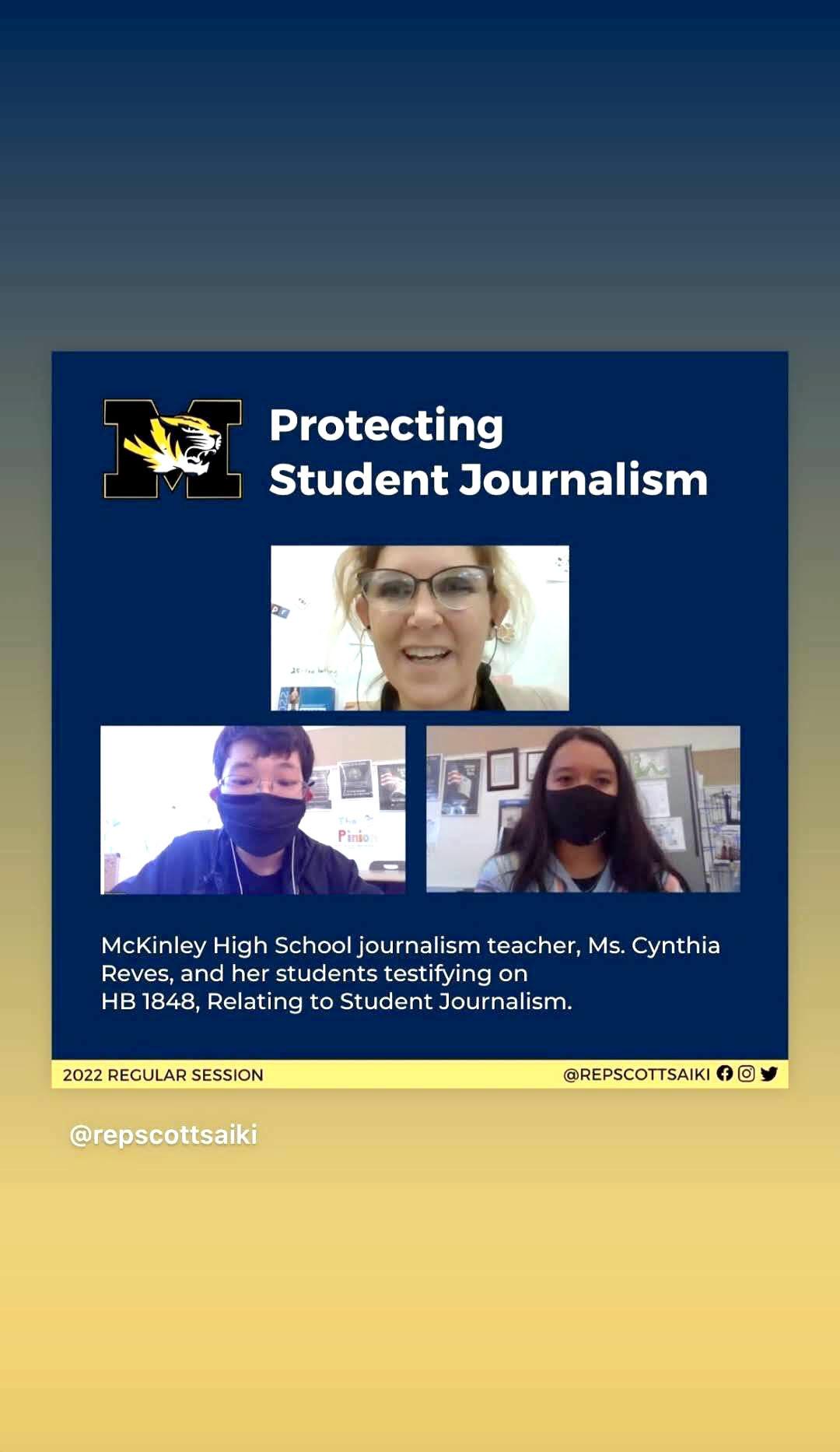
3 minute read
To read about Menstrual Equity and Vaping Epidemic, go to pages 6
Va pin g Epidemic
The pungent smell of flavored air fillsmy nose asI walk into the bathroom. The cardboard and plastic packaging litters our campus and pollutes our environment. You can? t turn a corner without seeing astudent pulling a brightly colored stick out of their pocket. Vice-principal William McGuire said that at least one student a week getspulled into the office for vaping. "I've never seen it (vaping) thisbad, " Principal Ron Okamura said. "They (vapes) are supposed to last a week. We've seen students go through them in three days. "
Advertisement
byAthena Matautia, reporter

Vaping isunhealthy in a variety of ways. For example, studies show that there are loads of unhealthy chemicals in the juice that powers the e-cigarette. Not only are there lotsof chemicals, nicotine isalso a prominent issue with vaping. Nicotine hasbeen proven to bemore addictive than heroin, cocaine, and alcohol. In an interview with
Principal Okamura he said, "Sometimes they (students) can't even go one hour without it. " Vaping also causes breathing difficulties, nausea, and weight loss. These symptoms are caused by buildup of oil or white blood cellsin the lungs.



Vaping isaproblem in not only our high schools, but our middle schools aswell. Hawaii hasthe highest vaping rate among middle school students and the second highest vaping rate for high schoolers in the country. In the state of Hawaii, anew bill wasintroduced: The ban of flavored tobacco products. Thisbill wasintroduced in late January. It hasgone through both the Senate and the House of Representatives, but certain conditions and amendments are currently being debated by both sides.

Data fromCenters for DiseaseControl.
JOURNALISM LEADS TO
ThePinionstaff testifiedonlinetoadapt totheCOVID-19 spike duringthethirdquarter.

byShane Kaneshiro, reporter
For the past two years, wethe
students of McKinley High School have experienced unprecedented times that have had a profound effect upon us. The Pinion staff reported on it all
In school year 2020-2021, The Pinion staff were all first-year journalists learning the basics of journalism on the Zoom, Google meets, or Webex platforms (constantly changing due to the internet lag). I struggled big time. Interviews are such an important part of journalism and I couldn't figure out what the interviewee was thinking or feeling over virtual platforms. I had to be innovative. Many of the ways I had to get in contact with sources were Google Meets and Gmail. They even texted me their answers through Discord!
I wasn't feeling the joy of journalism. Then I discovered The Pinion archives. I didn't know that our school used to have adaily newspaper. I started to search for more information about our school's history from the beginning of The Pinion in 1920 all the way to the present. Because it wasThe Pinion's centennial year,we interviewed former staffers. During thistime, I found my pride in thisschool, this newspaper and journalism in general.
Unlike last year's restrictive situation, thisyear was more rewarding. During the first quarter, I wasable to interview students and teachers in person. Interviewing people I don't know can lead to interesting stories.
I even wrote a piece for the Star-Advertiser. I interviewed Jack Seitoku Nakamura an 100th Battalion nisei veteran. This project came with challenges. Because of COVID, we had to use Zoom, but I wasbetter at it than last year. We also had to use a land line phone to talk to Nakamura to compensate for hishearing loss from being thrown 30 feet by an artillery shell. Even with all these issues, listening to hismesmerizing stories about the war every week wasa reward in itself. Many of hisstories were about how hereceived his purple heart awards, befriended German prisoners war, and even how hemet General Eisenhower.
While I waswriting for The Pinion and interviewing Nakamura, a bill to protect the First Amendment right of student journalists, HB1848, wasgoing through the legislature. The Pinion staff led the advocacy for this bill. We set up zoom meetings with other newspaper staff from other schools (even neighbor islands) to educate them about this bill. Throughout the entire legislation process, we learned how to participate in


